The seventh round of German-Chinese government consultations, which took place on June 20, was overshadowed by growing friction between Beijing and Berlin over a range of issues, from China's maintaining friendly relations with Russia despite the war in Ukraine to tensions in the Taiwan Strait.
And the irreconcilable rift between China and the US – an ally of Germany – only exacerbates the situation.
“Acting together sustainably” was the motto of the 7th round of German-Chinese government consultations, attended by Chinese Premier Li Qiang and several members of his Cabinet.
But the sense of cooperation between Germany and China is fading while the sense of tension remains constant.
This was evident in a recent meeting between German Defense Minister Boris Pistorius and his Chinese counterpart Li Shangfu on the sidelines of the Shangri-La Dialogue in Singapore after it emerged that former German Air Force officers were involved in a Chinese pilot training program. Mr. Pistorius said this should end immediately.
Thorsten Benner, director of the German Public Policy Institute (GPPi), an independent think tank based in Berlin, told DW that it is “a sign that we have to be vigilant because Beijing is taking every opportunity to gain access to important technologies or capabilities to strengthen its own industrial and military base.”
Both partners and competitors
Conflict between Beijing and Berlin has been growing over a range of issues, from China declaring an “unlimited” partnership with Russia despite the ongoing conflict in Ukraine, to rising tensions in the Taiwan Strait and the issue of the Uighur minority in Xinjiang.
And China's competition with the United States, an ally of Germany, only makes the situation worse.
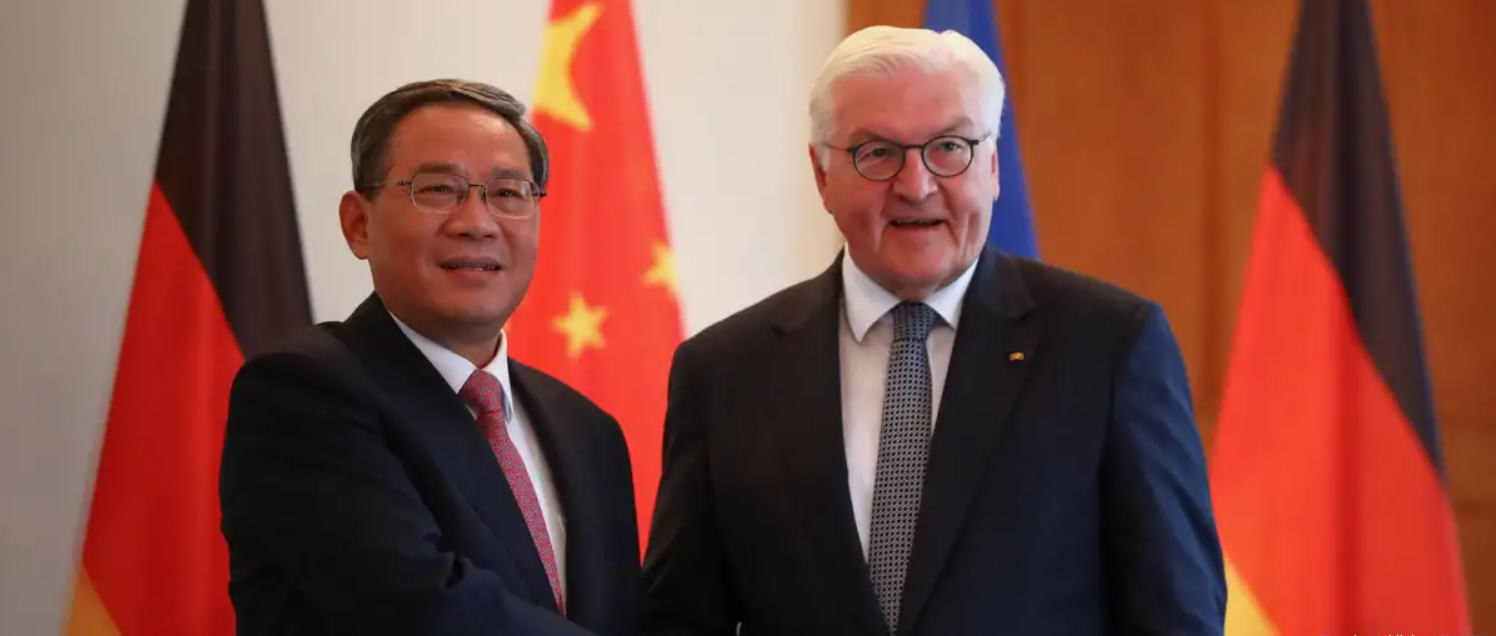
Chinese Premier Li Qiang meets with German President Frank-Walter Steinmeier in Berlin, June 19, 2023. Li Qiang's choice of Germany for his first foreign trip as Prime Minister reflects the special relationship between Europe's leading economy and the Asian giant. Photo: DW
However, China will remain Germany's most important trading partner for the seventh consecutive year in 2022. Bilateral trade will amount to around 300 billion euros, up around 21% from 2021, according to data from Germany's statistics agency (Destatis). In addition, Germany's trade deficit with China amounted to 84 billion euros last year.
Official German documents have referred to China as a “partner,” “competitor,” and “strategic rival” at the same time. The German government has emphasized the cooperative aspect – as demonstrated by bilateral consultations that have been taking place since 2011. This kind of high-level dialogue is only conducted with particularly close partners.
In 2014, the relationship was even elevated to a “comprehensive strategic partnership.” But since then, the mood in Berlin and other EU capitals toward China has soured: partner has turned into strategic rival.
Last week, the German government published its National Security Strategy, highlighting Berlin’s shift in focus from economic to geopolitical interests since Russia launched its military campaign in Ukraine. In the strategy document, Germany used blunt language about its top trading partner.
“China is deliberately using its economic power to achieve political goals,” the document said, while acknowledging that China remains a partner the world needs to address global challenges and crises.
Analysts note that the strategy does not prioritize countering any threats or preventing any major surprises. It also ignores some major issues, such as Taiwan, and does not create a National Security Council to help implement it.
“This is a major change we are making in Germany in the way we handle security policy,” moving from a military strategy to a comprehensive security concept, German Chancellor Olaf Scholz said at the presentation of the document, adding that a detailed version of the China Strategy drafted by his government would be published soon.
Consultation is important
Delaying the announcement of Berlin’s specific strategy towards Beijing – due to differences of opinion within the ruling coalition – would make it easier for bilateral talks like this seventh round of intergovernmental consultations, said Eberhard Sandschneider, director of the German Foreign Policy Association’s Research Institute.
“If there is now a document that is too critical of China, it is very likely that Beijing, in its pride, will cancel the consultations altogether,” Mr. Sandschneider said. “It is an open secret that there are internal disagreements within the German government. The Chinese know that too.”
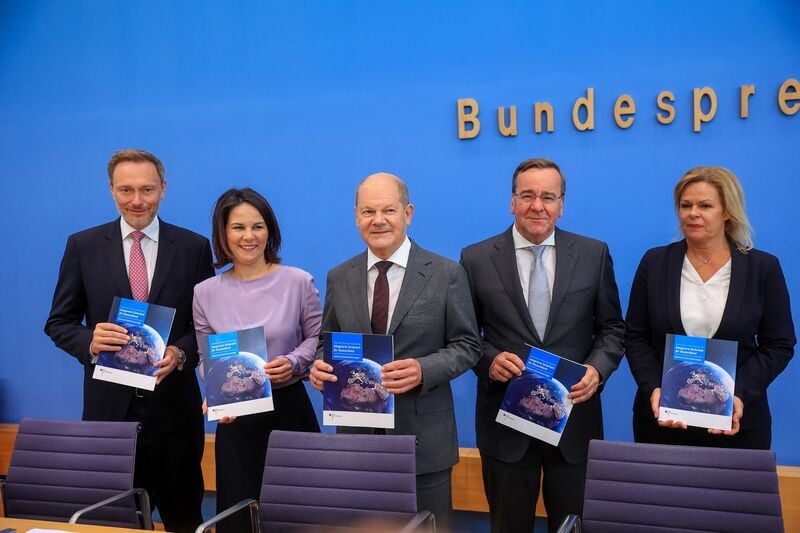
From left: German Finance Minister Christian Lindner, German Foreign Minister Annalena Baerbock, German Chancellor Olaf Scholz, German Defense Minister Boris Pistorius and German Interior Minister Nancy Faeser, during the ceremony to announce the first National Security Strategy, June 14, 2023. Photo: Bloomberg
This is not surprising, as debates are taking place in public, especially between the Green Party, which has a tough stance on China, and Chancellor Scholz's Social Democratic Party (SPD), which focuses more on economic interests.
For example, while Green Foreign Minister Annalena Baerbock sought to publicly “fight” with her Chinese counterpart Qin Gang when she visited Beijing in April, the SPD’s conservative wing published a position paper calling for policy to be pragmatic rather than hostile.
While there are major differences between Ms. Baerbock and Mr. Scholz, and that Germany’s current approach to China is characterized by party politics, Ms. Pongratz of the Mercator Institute said, “if you listen carefully, you will see that there are differences in tone but the message is not very different.”
Since Mr. Scholz will chair the consultation round on June 20, it can be seen that the German host has a friendlier tone towards the guests from China.
Mr. Sandschneider did not expect any concrete results, but he said it was important that the talks be held, especially after three years without large-scale face-to-face talks between Germany and China.
“I agree with my Chinese colleagues I have spoken with,” he said. “It is time for officials from both sides to meet again, and not only in formal meetings, but also in personal contacts on the sidelines of the consultations. That will change the atmosphere . ”
Minh Duc (According to DW, Reuters)
Source



![[Photo] National Assembly Chairman Tran Thanh Man receives United Nations Secretary-General Antonio Guterres](https://vphoto.vietnam.vn/thumb/1200x675/vietnam/resource/IMAGE/2025/10/25/1761390815792_ctqh-jpg.webp)

![[Photo] Prime Minister Pham Minh Chinh and United Nations Secretary-General Antonio Guterres attend the Press Conference of the Hanoi Convention Signing Ceremony](https://vphoto.vietnam.vn/thumb/1200x675/vietnam/resource/IMAGE/2025/10/25/1761391413866_conguoctt-jpg.webp)
![[Photo] Prime Minister Pham Minh Chinh receives United Nations Secretary-General Antonio Guterres](https://vphoto.vietnam.vn/thumb/1200x675/vietnam/resource/IMAGE/2025/10/25/1761390212729_dsc-1484-jpg.webp)


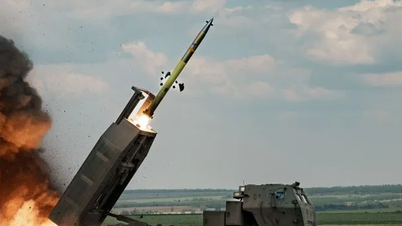
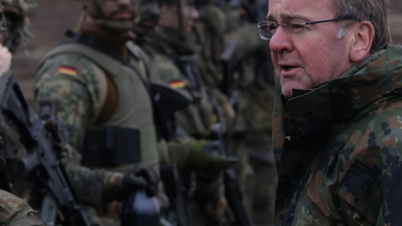
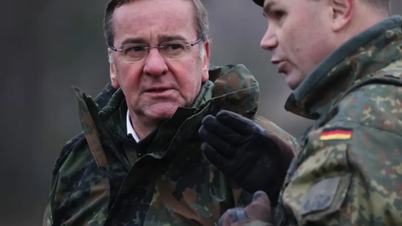


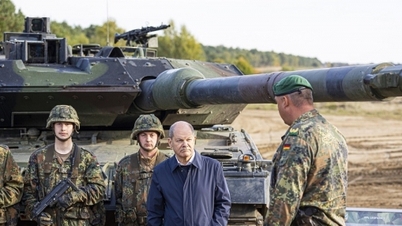
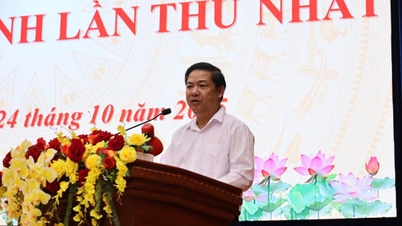

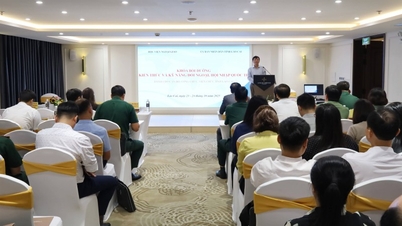
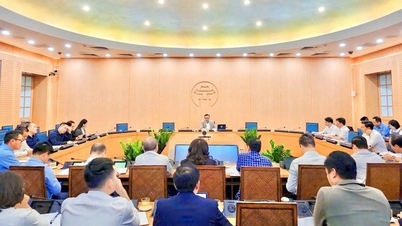
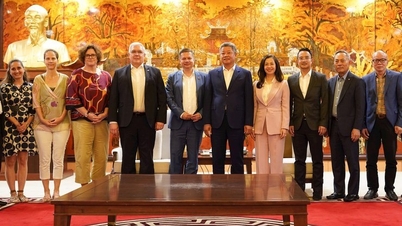
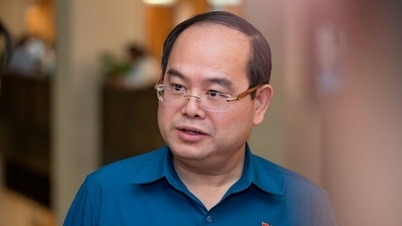












![[Photo] General Secretary To Lam meets with General Secretary and President of Laos Thongloun Sisoulith](https://vphoto.vietnam.vn/thumb/1200x675/vietnam/resource/IMAGE/2025/10/25/1761380913135_a1-bnd-4751-1374-7632-jpg.webp)






































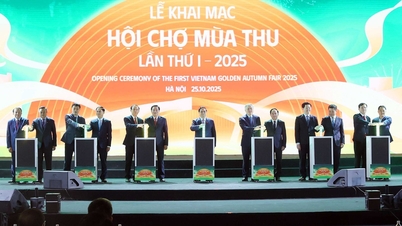

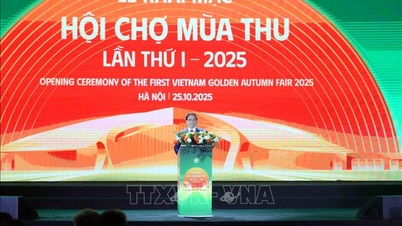
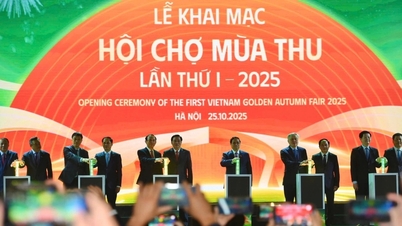
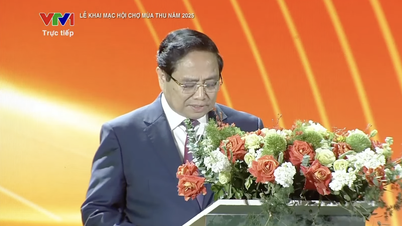






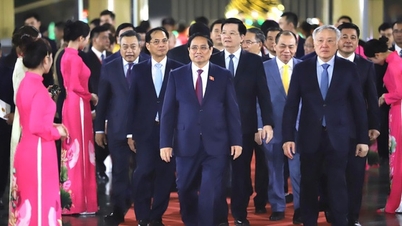
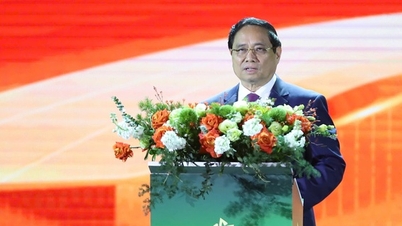


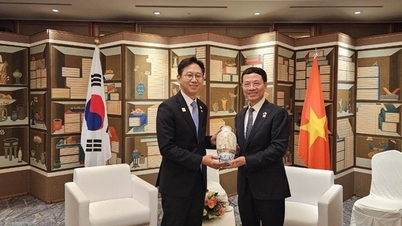
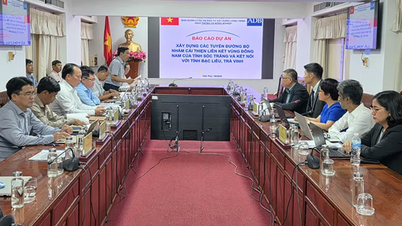





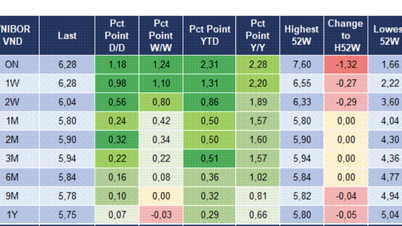


















Comment (0)